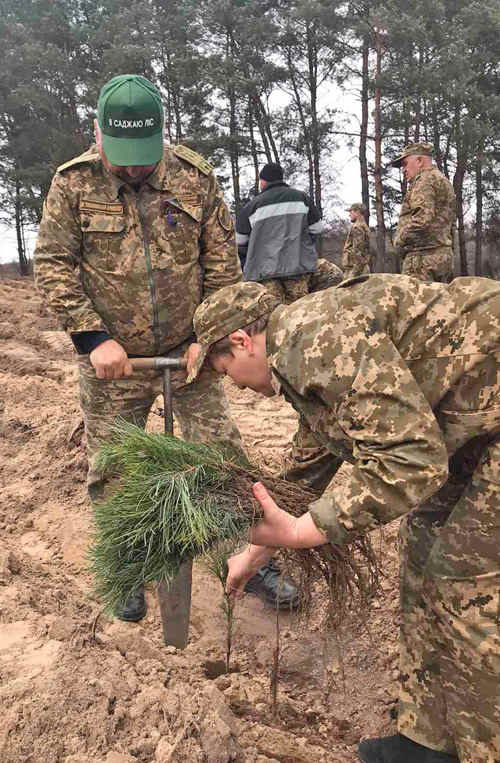The issue of massive deforestation in Ukraine, particularly in the Kharkiv region, has gained significant attention. Bare areas where oaks, pines, and spruces once grew deeply concern local residents, environmentalists, politicians, and concerned citizens. The public is worried that large-scale deforestation is being conducted illegally, leading to environmental problems in the regions, climate change, and other catastrophes.
How should we manage our forests so they continue to clean the atmosphere of industrial emissions, fill the air with oxygen, saturate the earth's surface with groundwater, restrain floods, and protect soils from erosion? Viktor Tkach, Director of the Ukrainian Research Institute of Forestry and Agroforestry named after G.M. Vysotsky, shares his insights.
Without an Axe Is Impossible
"Indeed, recently in some regions of Ukraine, the problem of illegal logging and the activities of 'black loggers' has intensified. Therefore, the State Forest Agency and its territorial bodies are implementing large-scale measures to strengthen control over illegal logging," says Tkach.
However, he notes another side of the problem: "An ordinary citizen often gets the impression that a forest can grow without being cut down. It can, but what will be the quality of this forest, its productivity, how effectively will it perform various ecological functions? Without an axe, how can we replace derivative spruce forests created in the past in the beech zone of the Carpathians, which are drying out over large areas, or forests massively damaged by pests and diseases in the context of climate change?"
Tkach emphasizes that Ukraine cuts forests in limited volumes. On about 50% of forest areas, there is a ban on main felling or a restricted use regime. In Ukraine, the use of annual wood growth (excluding natural tree mortality) in recent years has not exceeded 55-60%, which is lower than in European countries.
"If forests are cut down too much - it's a problem. And if they are cut down too little, it's also a problem because mature and overmature forests accumulate. Any living organism sooner or later reaches its final stage and needs to be replaced," explains Tkach, quoting forestry classic G. Morozov who stated that "cutting down a forest is synonymous with its renewal."








